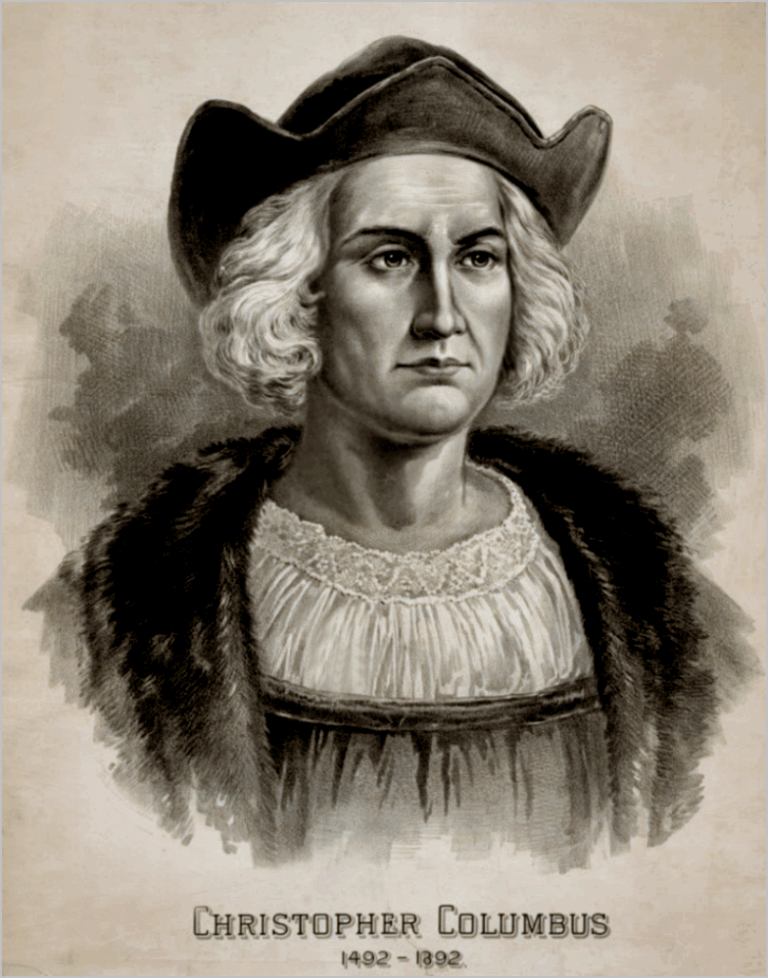A study suggests that renowned explorer Christopher Columbus was likely Jewish and not from Italy.
This new genetic study suggests that the renowned explorer Christopher Columbus was not Italian, as commonly believed, but possibly a Sephardic Jew from Spain who hid his true heritage to escape persecution.
What does the Research say about Christopher Columbus?
The research started in 2003 when forensic medicine professor José Antonio Lorente from Granada University, along with historian Marcial Castro, exhumed what were believed to be the remains of Columbus from Seville Cathedral.
The research, led by Spanish scientists, seeks to clear up the long-standing mystery about Columbus’ origins. For many years, historians have argued about where the 15th-century explorer was born, with many believing he came from Genoa in Italy. However, DNA tests on Columbus’ remains, kept at Seville Cathedral, have provided strong evidence that questions this belief, according to a BBC report.
While researchers have not yet determined Columbus’ exact birthplace, they believe it was likely in Western Europe, with Valencia, Spain, being a strong contender, according to a report in the New York Post.
The word “Sephardic” comes from “Sefarad,” the Hebrew term for Spain. The DNA results, which Lorente described as “almost absolutely reliable,” rule out various alternative theories about Columbus’ origins, including suggestions that he may have been born in places like Poland, Portugal, or even Scandinavia.
What was Columbus famous for?
Columbus is most famous for his voyages across the Atlantic, funded by the Spanish monarchy, in search of a new trade route to Asia. Instead, he landed in the Caribbean, sparking a wave of European exploration that ultimately led to the colonization of the Americas. While his expeditions had a significant historical impact, they are also controversial due to the harmful effects on the native populations. According to The Washington Post, Columbus’ crew is said to have brutally mistreated indigenous people, including maiming and enslaving them, even children.
Columbus passed away in 1506 in Valladolid, Spain, and his remains were relocated several times over the centuries before being laid to rest in Seville.
Columbus’ journeys helped expand Spain’s strong empire in the Americas, happening in the same year that King Ferdinand and Queen Isabella forced Jews to leave their kingdom due to worries about racial purity. If the study is correct, it would be an important historical twist.




